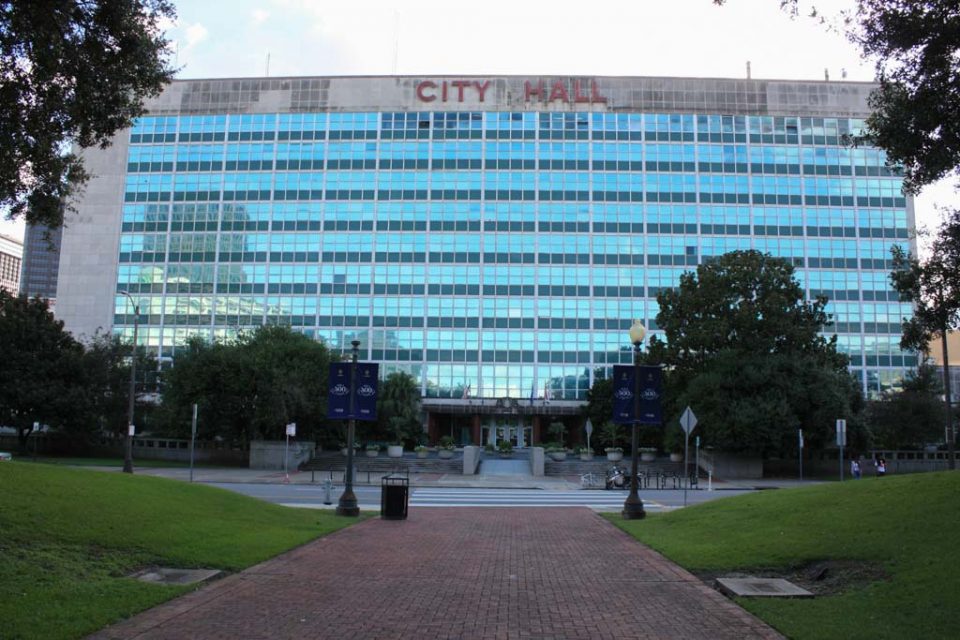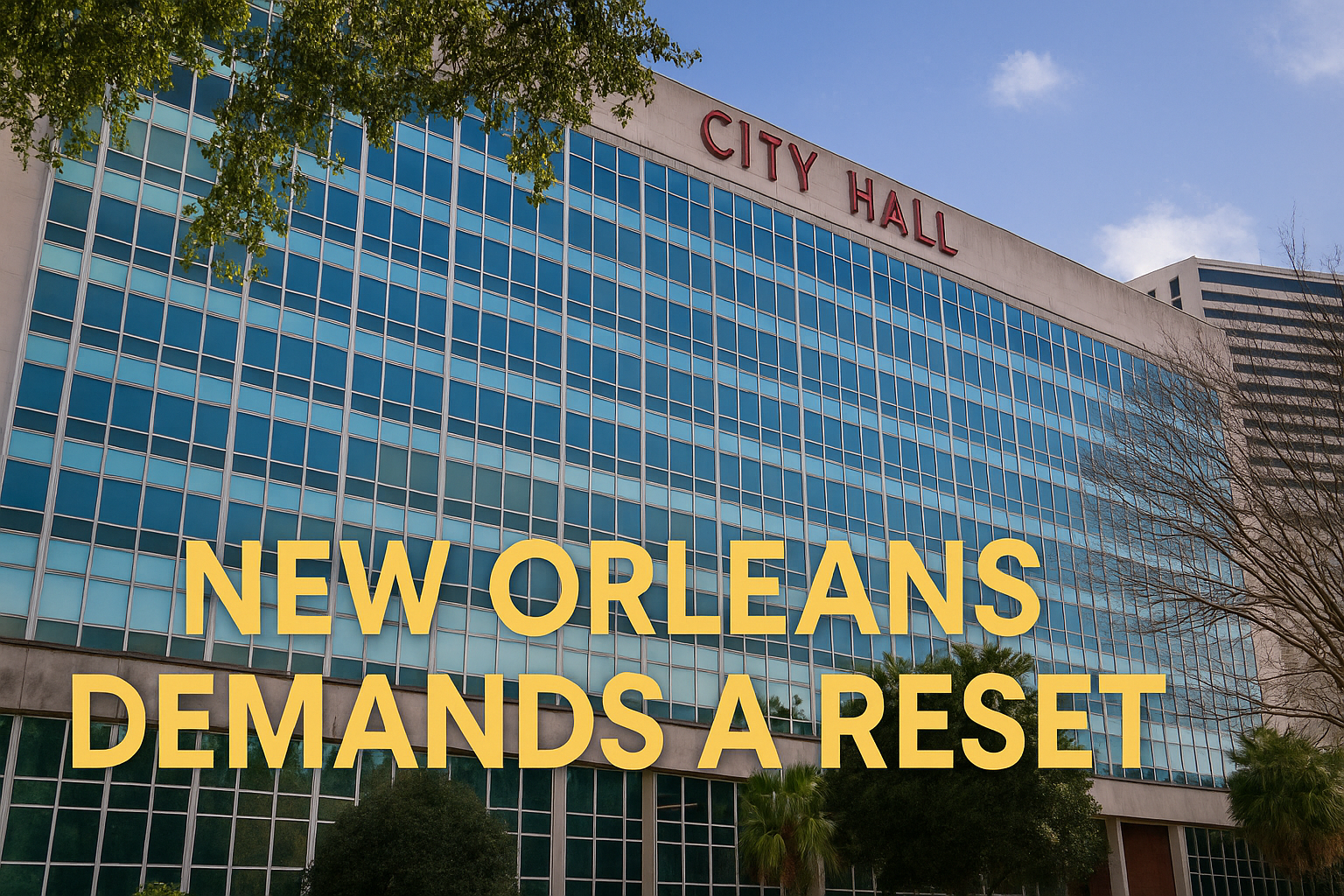New Orleanians spoke clearly this election cycle. They refused slow improvements or small adjustments. Instead, they demanded a full reset. Voters opened the runway, changed the rules, elected new leaders, and sent a single message:
We gave you the power — now fix the city.
That mandate now defines everything. It shapes expectations. It explains the size of the victories. Also it shows how fed up residents are with excuses, delays, and political theater.
Clerk of Court: Lombard’s Attack Collapsed Under Voter Scrutiny
The clerk of court race demonstrated this shift immediately. Darren Lombard entered with every advantage. Even so, he made a critical error. He chose to attack Calvin Duncan personally rather than focus on performance.
Because of that choice, voters turned the race into a test of fairness and judgment. Duncan won in a 68 percent landslide. The margin was huge. The message was larger. Personal attacks backfire when residents want real solutions.
District A: McCarron Stayed Focused While Friedman Drifted
District A offered another example of this new mindset. Aimee McCarron entered the runoff behind. However, she stayed disciplined during the entire campaign. She talked about streets, budgets, safety, and trust. She talked primarily about fixing stuff. As a result, she gained momentum fast.
Holly Friedman never found a sharper focus. Therefore, voters moved toward McCarron. She won 58 to 42 percent and carried every issue that mattered to residents.
District E: Hughes Won Big Because Voters Wanted Real Answers
District E delivered the clearest rejection of old habits. Cyndi Nguyen led the primary and ran on her past service. Yet that nostalgia-based message missed the moment. Voters wanted new solutions, not reminders of older ones. In fact, Nguyen’s message actually talked about her previous inability to finish projects. While she talked about unfinished projects her opponent took a different approach.
Jason Hughes offered a solutions. He talked about high Entergy bills, broken drainage, neglected neighborhoods, and rising costs. He promised a new approach. Moreover, he stayed consistent. His message matched the daily struggles of New Orleans East and the Lower Ninth Ward.
Consequently, Hughes won 61.5 to 38.5 percent. The size of that victory showed how strongly residents want a new direction.
Charter Reforms: Voters Strengthened the System Itself
Voters also passed two major charter amendments. These changes were not symbolic. They reflect deeper frustration with city operations.
- First, residents expanded the Master Plan review window.
- Second, they changed the focus of the City Attorney.
Both amendments passed with about 70 percent support. Those numbers demonstrate overwhelming demand for stability, transparency, and stronger rules. In short, voters want the system to function even when leaders stumble.

Bond Measures: Residents Approved Real Investment in the City’s Future
New Orleanians also approved more than $500 million in bonds. These funds support drainage, streets, parks, housing, and public facilities. Once again, the measures passed with wide margins.
Because of this support, the incoming administration will have real tools. They have money. They have authority. Now they have voter backing. So they must produce visible results.
A New Leadership Class Is Emerging Across the City
This election also confirmed the rise of a newer leadership generation. Matthew Willard, who won his at-large seat outright, is part of this shift. Along with the new district winners, he joins a council that looks sharper and more focused.
Furthermore, voters expect this group to lead with urgency. They want fewer speeches and more results. They want competence, not drama. Most importantly, they want action, not excuses.
Related: Moreno Takes Charge Immediately
Bottom Line: No Delays and No Distractions
New Orleans now enters a new political era. Voters elected new leaders. They passed major reforms. They funded the biggest capital push in years. Most important, they delivered landslides, not close calls.
Because of that, expectations are high. The new government holds full responsibility for the future of the city. Every improvement and every failure now belongs to them.
New Orleans demanded a reset. Residents want their city to work again. They gave their leaders power, money, and time.
Now they want results.

